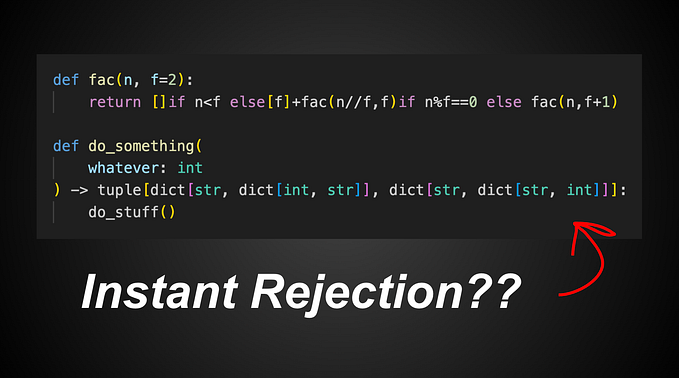
Mastering Mixins in Python: Enhance Your Applications with Ready-Made Solutions
Unleash the Power of Mixins with Practical Examples and Popular Libraries
Mixins are a powerful concept in Python development, enabling developers to extend functionality and promote code reusability in their applications. In this comprehensive guide, we’ll explore mixins in-depth, covering their definition, implementation, and practical examples. Additionally, we’ll delve into popular libraries and frameworks where you can find ready-made mixins to supercharge your Python projects.
Understanding Mixins
Mixins allow classes to inherit behavior from multiple sources, promoting modularity and encapsulation in Python applications. They are lightweight, reusable components that can be easily incorporated into existing codebases to add new functionality without altering the original class structure.
The Anatomy of a Mixin
A mixin class typically contains methods and attributes that can be added to other classes to extend their functionality. These methods are designed to be generic and reusable, making mixins ideal for encapsulating common behaviors that can be shared across different classes.
Implementing Mixins in Python
Let’s dive into a practical example to see how mixins are implemented in Python:
class LogMixin:
def log(self, message):
print(f"[LOG] {message}")
class Database:
pass
class LoggedDatabase(LogMixin, Database):
pass
# Usage
db = LoggedDatabase()
db.log("Database initialized.")In this example, the LogMixin class provides logging functionality, which is then added to the Database class to create the LoggedDatabase class using mixins.
Finding and Using Ready-made Mixins
In the vast Python ecosystem, popular libraries and frameworks offer ready-made mixins for common tasks:
- Flask: Libraries like Flask-Login, Flask-WTF, and Flask-SQLAlchemy provide mixins for user authentication, form validation, and database operations.
- Django: Django-Contrib and Django-Rest-Framework offer mixins for generic views, form handling, and RESTful APIs.
- FastAPI: FastAPI-Extras and FastAPI-Auth provide mixins for request handling, response formatting, and authentication.
- SQLAlchemy: SQLAlchemy-Utils and SQLAlchemy-Continuum offer mixins for UUID primary keys, versioning, and audit tracking.
To use these mixins, simply import them from the respective libraries and add them to your classes as needed.
Here’s a short code example demonstrating how to import and use a commonly used mixin for user authentication in a Flask application:
from flask import Flask
from flask_sqlalchemy import SQLAlchemy
from flask_login import UserMixin
# Create Flask app
app = Flask(__name__)
app.config['SECRET_KEY'] = 'your_secret_key_here'
app.config['SQLALCHEMY_DATABASE_URI'] = 'sqlite:///site.db'
db = SQLAlchemy(app)
# UserMixin for User Authentication
class User(UserMixin, db.Model):
id = db.Column(db.Integer, primary_key=True)
username = db.Column(db.String(20), unique=True, nullable=False)
email = db.Column(db.String(120), unique=True, nullable=False)
password = db.Column(db.String(60), nullable=False)
def __repr__(self):
return f"User('{self.username}', '{self.email}')"
# Routes and other application logic...
if __name__ == '__main__':
app.run(debug=True)In this simplified version, we’re using Flask along with SQLAlchemy for database management and Flask-Login for user authentication. By incorporating the UserMixin mixin into our User model, we can quickly and easily implement user authentication in our Flask application, making it more secure and user-friendly.
Advantages of Using Mixins
- Promotes code reusability and modularity.
- Enables easy extension of functionality without modifying existing code.
- Facilitates cleaner and more maintainable code by separating concerns.
Best Practices for Using Mixins
- Keep mixins small and focused on a single responsibility.
- Use descriptive names for mixins to clearly communicate their purpose.
- Avoid deep inheritance hierarchies to prevent complexity and potential conflicts.
- Document mixins thoroughly to guide developers on their usage and behavior.
Conclusion
Mixins are a valuable tool in the Python developer’s arsenal, offering a flexible and elegant way to enhance the functionality of classes and promote code reuse. By mastering mixins and exploring ready-made solutions in popular libraries, you can accelerate your development workflow and build more robust Python applications. Incorporate mixins into your projects today and unlock new possibilities in your Python development journey.
Happy coding!




![Django Interview Questions [Part 2]](https://miro.medium.com/v2/resize:fit:679/1*lDTTLpzn9I5ukYgH2rCb4A.png)


